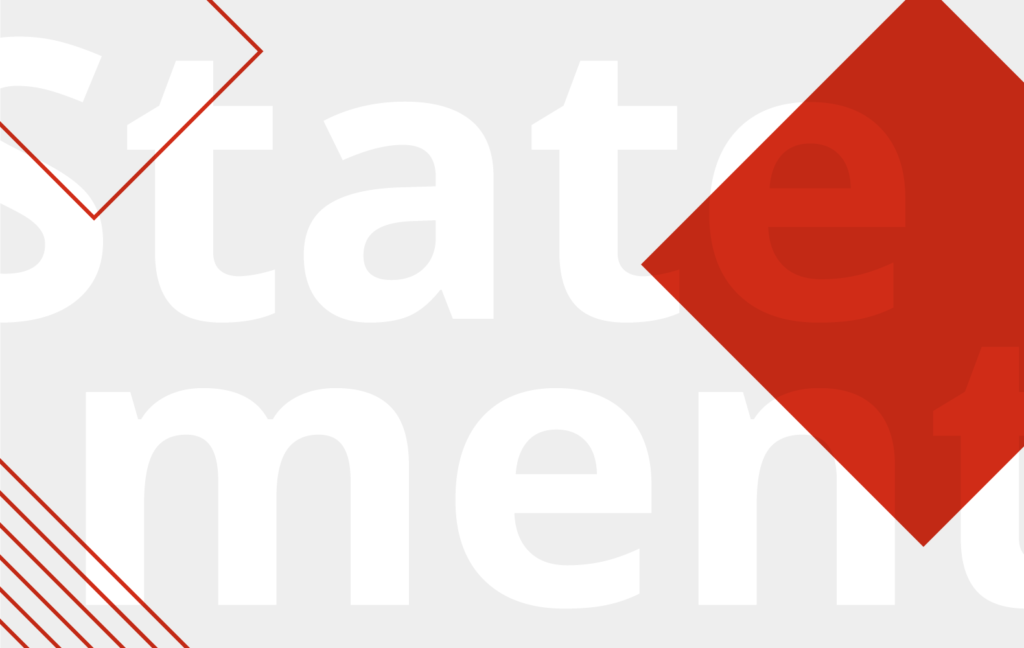4 September 2018 – The initiative, referred to as ‘cOAlition S’, was developed by Science Europe and the Commission’s Open Access Envoy Robert-Jan Smits. It mandates that scientists who receive funding from the European Research Council or certain public funders in Austria, France, Ireland, Italy, Luxembourg, the Netherlands, Norway, Poland, Slovenia, Sweden and the UK publish their work in journals or on platforms that offer immediate Open Access from 1 January 2020.
Science Europe announced ‘cOAlition S’ alongside the ten-point ‘Plan S’ that outlines the principles of Open Access publishing supported by the coalition. A central component is the establishment of high quality criteria that journals or platforms must meet.
Responding to the document’s publication, EMBO Director Maria Leptin says: “We welcome the plan, which echoes some of the recommendations EMBO has made within the Commission’s Open Science Policy Platform, and through individual discussions with Robert-Jan Smits and other European Commission representatives.
“We are pleased that ‘Plan S’ acknowledges the importance of quality in the publication process. In working towards a complete and immediate Open Access goal, we must make sure that we do not sacrifice this quality as a result of equating ‘open’ to ‘for free’.
“The coalition aims to standardize and cap publication fees across Europe. It is important that a cap on Article Processing Charges (APC) is not below the cost for assessment and processing per accepted article at quality journals. Otherwise there is a risk that openness and quality will need to be traded off against one another.”
In the preamble to the announcement, the coalition also highlighted its commitment to changing the way research is assessed and rewarded.
Leptin says: “We welcome the coalition’s desire to using the San Francisco Declaration on Research Assessment (DORA) as a starting point to move away from the journal impact factor as a measure of research output.
“It is important that changes in scientific publishing are accompanied by changes in the institutional and funding systems such that researchers are not judged by the impact factor of the journals in which their work is published.”



